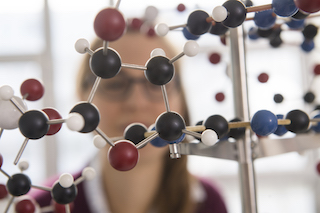Recent Advances in Deep Learning
| 392133 | Schönhuth | Summer 2020 | Thu 12:15-13:45 (S) in ZOOM |
Contents
In this seminar we will discuss the most recent advances and successes of Deep Learning. Therefore, we will provide a brief introduction into Deep Learning itself and then further discuss the most recent techniques and methods presented by the leading research groups of the field. Each participant will review a corresponding publication and summarize its contents in a 45 minute presentation. As a guideline see the book “Dive into Deep Learning” (https://d2l.ai/), Chapters 7 and 17.
The students are supposed to form groups of three, which probably leads to 5-6 groups. (a total of 20 participants are registered)
Each group should work on a scientific article and present and discuss it within a maximum of 90 minutes.
Groups
Literature
- Bidirectional Encoder Representations from Transformers (BERT)
- “Dive into Deep Learning”: Chapter 14 (https://d2l.ai)
- Generative Adversarial Networks (GAN's)
- “Dive into Deep Learning”, chapter 16
- Graph Neural Networks (GNN)
- Note the surveys
- Surveys
![]() You need to login in order to view the literature.
You need to login in order to view the literature.

